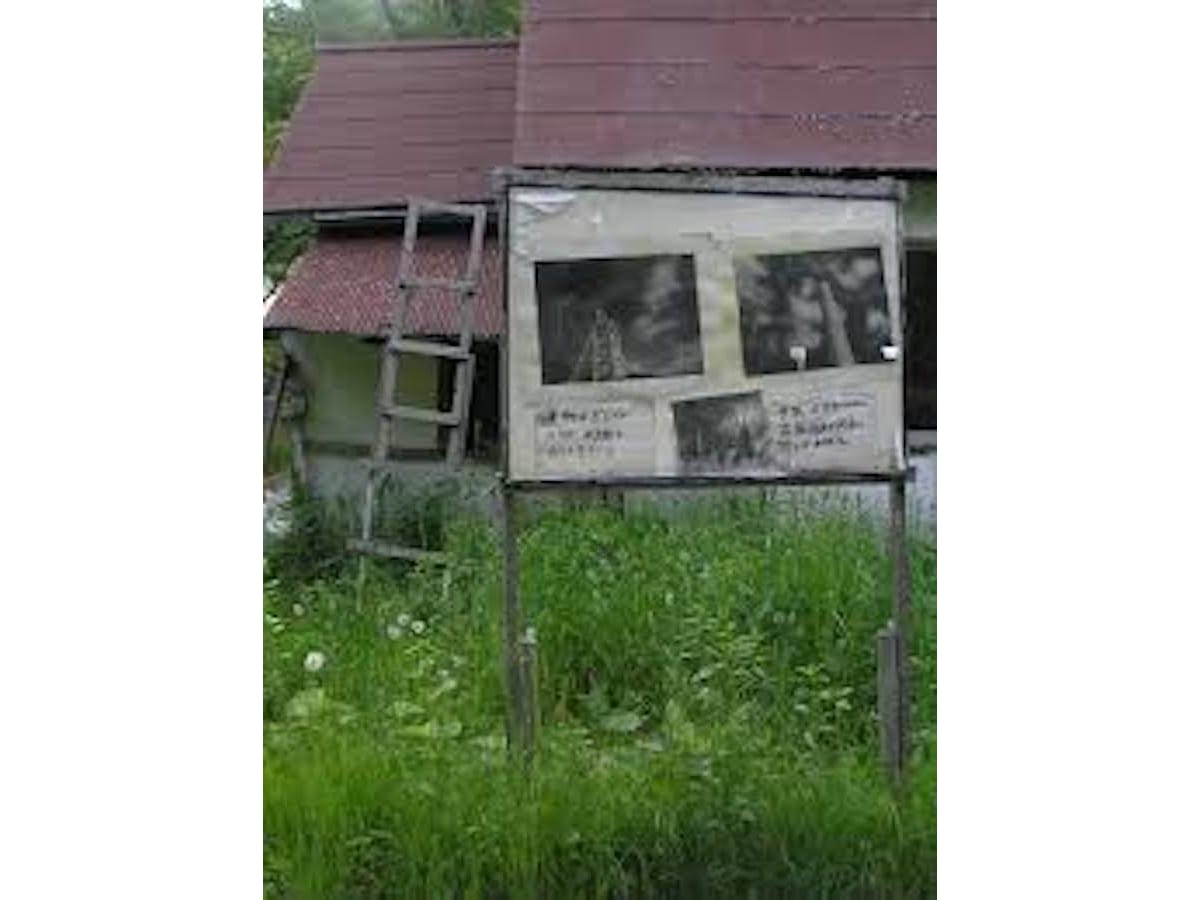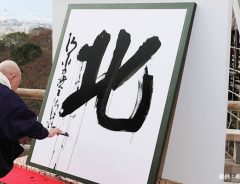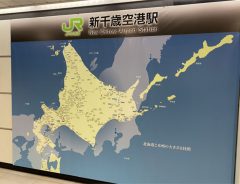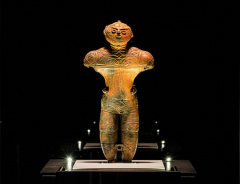
Source: 唐山健志郎, CC BY-SA 4.0
Yubari: the oldest town in the world may offer Japan a taste of things to come
- Tags:
- ageing / birth rate / Hokkaido / population / Yubari
Related Article
-

Seafood Bowl Restaurant In Hokkaido Guarantees Fresh And Delicious Dishes Like Nowhere Else
-

Krispy Kreme turns Japan’s cutest bird into creamy Hokkaido doughnut special
-

Every Year Has A Character: Japan Chooses Its “Kanji of the Year” 2017
-

Hokkaido’s popular “White Lover” cookies turned into sweet drinks and ice cream sandwiches
-

Superimposed map of Hokkaido shows off the truly gigantic scale of the prefecture
-

Travel in time to the Jōmon Period with Bōrō NOGUCHI Hakodate at Yunokawa Onsen


Yubari is a town in Hokkaido. It has the highest average age of any town in Japan, and probably the world. Indeed, its population is possibly the oldest to have ever existed.
In its heyday, Yubari was known as the capital of the Japanese coal industry. But when the country switched to foreign oil imports after the war, the coal industry collapsed. From a peak of 120,000 people in 1960, the town’s population fell to 21,000 in 1990, the year its last coal mine closed. Since then, Yubari’s population has halved again, as those who stayed on after the mines closed have aged and died.
The town currently has an average age of 65. More of its people are over 80 than under 40, making it perhaps the world’s first pensioner-majority town. Occasionally a child is born, but about a dozen people die in Yubari for every child born.
The train station in Yubari. | Hahifuheho, CC0, via Wikimedia Commons
Things cannot go on like this. Few people work in Yubari, so few people pay taxes. As a result, the town was forced to declare bankruptcy in 2007. As well as being the oldest town in Japan, its residents have the highest level of debt per head in Japan, and its municipal workers draw the lowest salaries.
Looking on the bright side, the Japanese government has not shirked its responsibilities in Yubari. There are still a dozen post offices in the town, the fire engines in the fire station are spit-polished and ready to respond in the event of an emergency, and the public payphones, should you need one, are immaculate. Not that there are many emergencies in the town. In 2020, there was less than one crime of any description per week.
Yubari is still famous for its melons. | Keiji Kawamura / © PIXTA
There aren’t many jobs to be had, but all the same, in other ways Yubari is a great place to live. Roughly a third of its public housing lies empty, so property is extremely cheap. You can rent a two-bed apartment in a newish apartment block for about ¥25,000 a month. There are also 40 sheltered housing units for the elderly that rent for less than ¥4000 a month.
It snows a lot in Yubari in the winter months, but if you’re old and poor enough, someone from the local council will come and shovel your snow away for nothing.
What does the future hold for Yubari? More of the same: the population currently stands at 8600 and is expected to fall by a further 60% over the next 20 years. Sooner or later, the last of the town’s ageing residents will either die or move away, and the town will cease to exist.
Why does Yubari matter? Because Japan is going the same way - indeed, the town can be seen as a harbinger of what Japan will look like in 2060. People have been leaving rural villages and small towns for big cities like Tokyo, Osaka and Fukuoka for the past 40 years.
You wouldn’t know it wandering the streets of Tokyo, but almost 85% of Japan’s municipalities are shrinking. According to one report, more than half of them are “at risk of extinction” by 2040.
Unless something is done to get Japanese people to have more babies, by 2060 the population will have fallen by a third, from 127 million to 88 million. How the country will adapt to such unprecedented demographic change is anyone’s guess, but if Yubari is anything to go by, the outlook is not good.
___________
Sources:
"Yubari, Japan: a city learns how to die," (The Guardian, 15.8.14)
"Yūbari, Hokkaido," Wikipedia